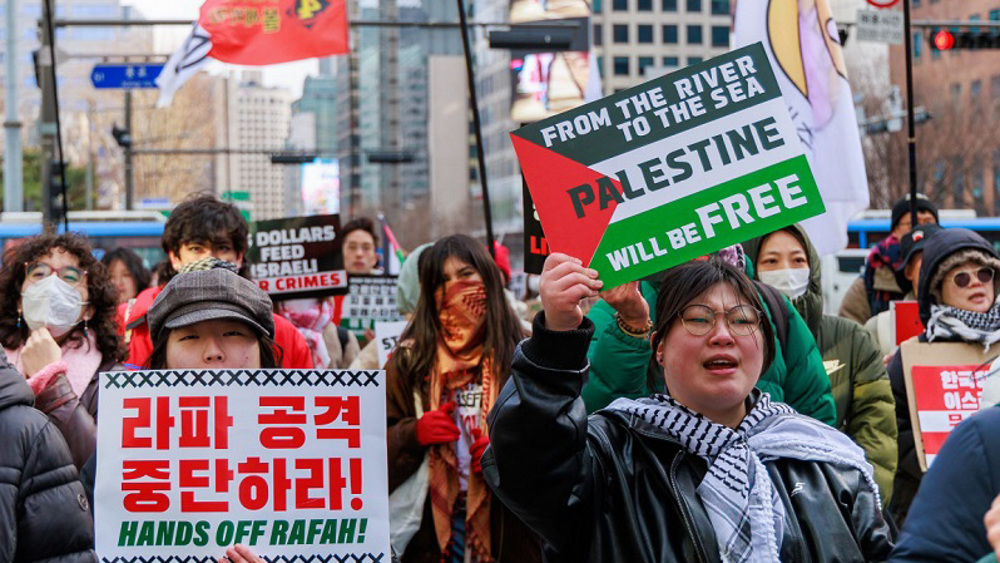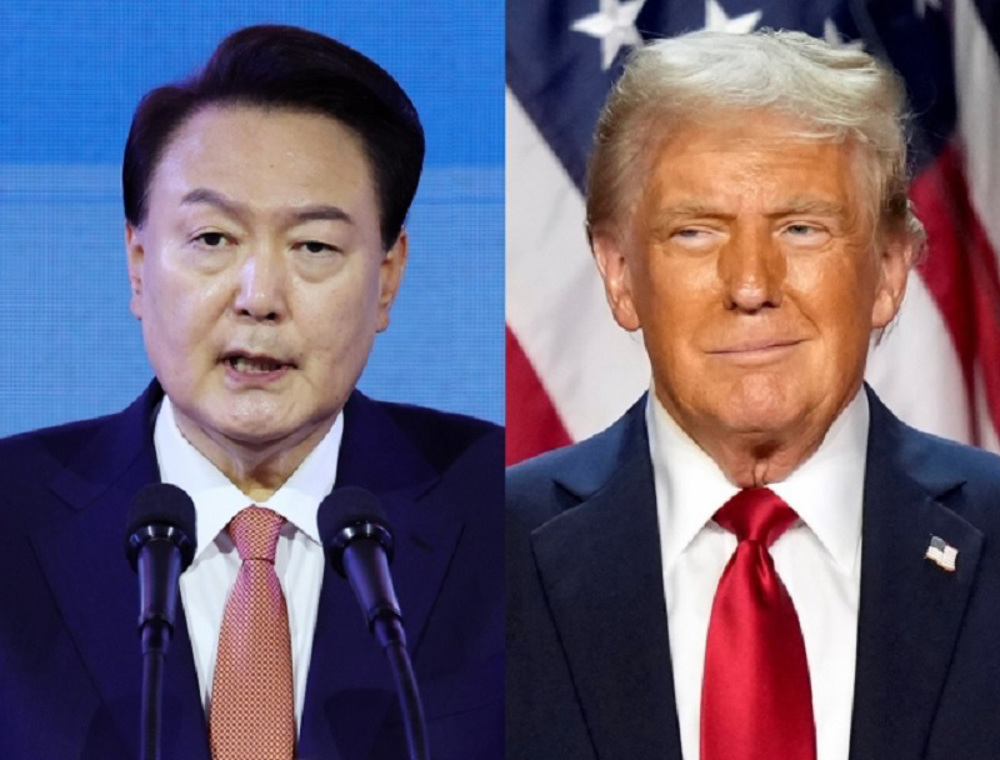South Korea declares official end to deadly MERS outbreak
South Korea has declared the official end to a deadly outbreak of the Middle East Respiratory Syndrome (MERS) in the Asian country.
South Korea’s Health Ministry said on Wednesday that there would be no more risk of MERS in the country which has killed 36 people since it first emerged in May.
The announcement follows the World Health Organization’s guidelines that say an official end to the transmission of the disease can be announced 28 days after the death of the last infected patient.
The maximum incubation period for MERS is 14 days, but it is extended to 28 days for extra precaution.
The last patient to be diagnosed with the virus was a 35-year-old man who died on November 25 because of the "rapid worsening of his underlying condition." He had been receiving cancer treatment before being infected by MERS.

The deadly virus infected 186 in South Korea, forcing the government to confine about 17,000 people to their homes and close thousands of schools at the peak of the outbreak.
The outbreak also had a disastrous effect on the economy, with a 40-percent drop in the number of foreign visitors to South Korea. At least 130,000 foreign tourists canceled their travel plan to South Korea in June alone over MERS fears, according to government officials.
In August, South Korean President Park Geun-hye dismissed Health Minister Moon Hyong-pyo following widespread criticism over the government’s poor response to the MERS outbreak.
MERS was first identified in Saudi Arabia in 2012. The disease is part of the corona virus family, which includes the common cold and SARS. It can cause symptoms as fever, breathing problems, pneumonia and kidney failure.
VIDEO | Israeli forces storm West Bank’s Jenin again, target civilians
Iran activates advanced centrifuges after IAEA's 'unjust' resolution
VIDEO | Press TV's news headlines
Iran FM: Response to Israeli aggression 'inevitable'
VIDEO | Iran eases the rules for exporting hand-woven carpets
VIDEO | Intl. Day for the Elimination of Violence against Women: A stark reminder of Gaza women
Australia denies ex-Israeli minister Shaked visa
VIDEO | 85% of Yemeni displaced people face daily hunger crisis
















 This makes it easy to access the Press TV website
This makes it easy to access the Press TV website